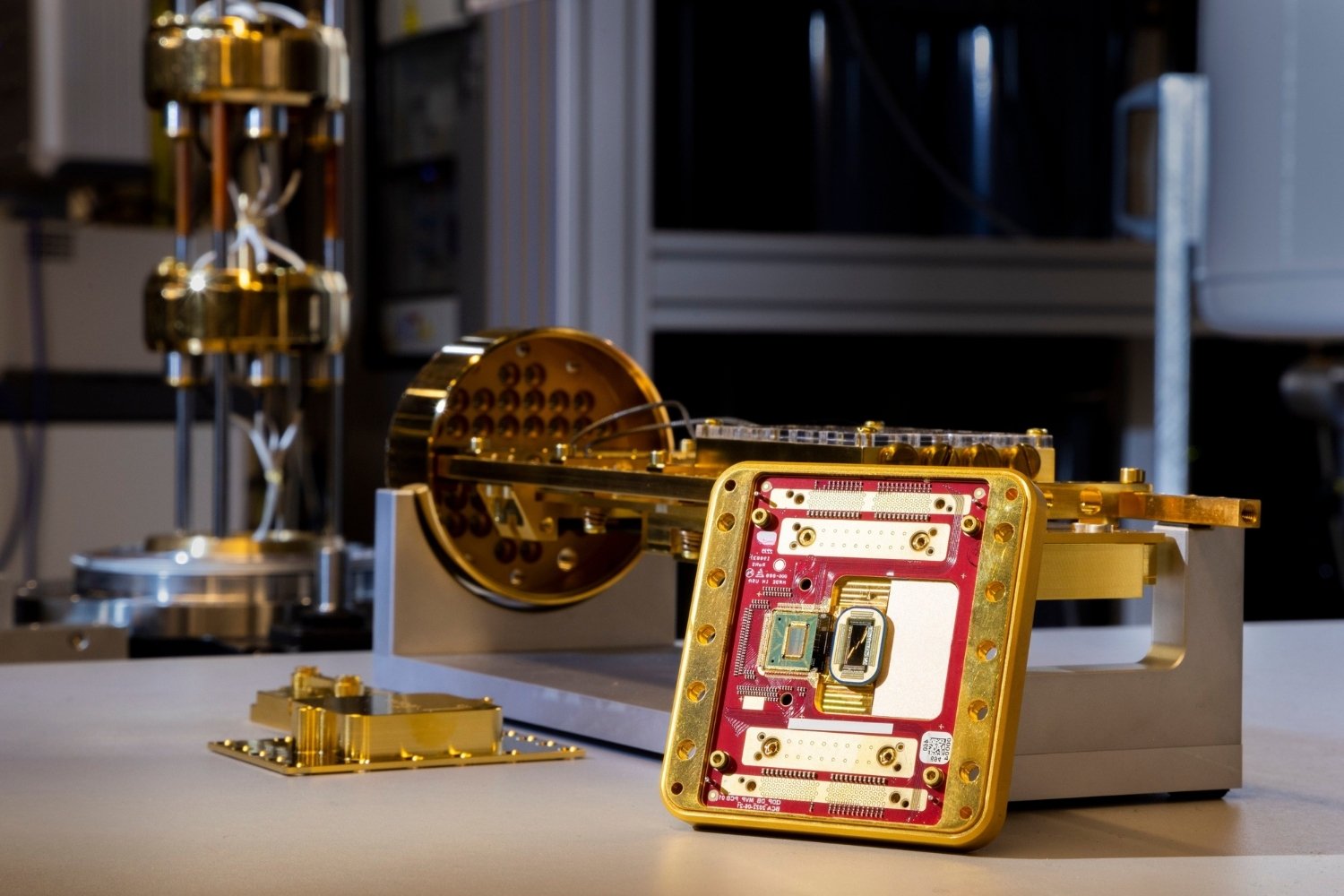
Topological quantum computing is a cutting-edge field that merges quantum mechanics with topology, a branch of mathematics. This innovative approach aims to create more stable and error-resistant quantum computers. But what exactly makes topological quantum computing so special? It leverages anyons, exotic particles that exist in two-dimensional spaces, to store and process information. These particles follow unique rules that help protect data from errors. Unlike traditional quantum bits (qubits), which are highly sensitive to their environment, topological qubits are more robust. This could potentially lead to quantum computers that are not only faster but also more reliable. Curious to learn more? Here are 27 intriguing facts about this fascinating topic.
What is Topological Quantum Computing?
Topological quantum computing is a cutting-edge field that combines quantum mechanics and topology to create robust quantum computers. These computers promise to solve complex problems much faster than classical computers. Here are some fascinating facts about this intriguing technology.
-
Topological quantum computing uses anyons, particles that exist only in two-dimensional spaces, to store and manipulate information.
-
Topological qubits are more stable than traditional qubits because they are less susceptible to environmental noise.
-
The concept was first proposed by physicist Alexei Kitaev in 1997.
-
Microsoft is one of the leading companies investing heavily in topological quantum computing research.
-
Braiding anyons is a key operation in topological quantum computing, where the paths of anyons are intertwined to perform computations.
How Does Topological Quantum Computing Work?
Understanding the mechanics behind topological quantum computing can be complex, but breaking it down into simpler facts can help.
-
Quantum gates in topological quantum computing are implemented by braiding anyons in specific patterns.
-
The topological nature of these qubits makes them inherently fault-tolerant.
-
Non-Abelian anyons are the specific type of anyons used in this form of quantum computing.
-
Quantum error correction is naturally built into topological quantum computing due to its topological properties.
-
Majorana fermions are another type of particle that can be used to create topological qubits.
Advantages of Topological Quantum Computing
Topological quantum computing offers several advantages over traditional quantum computing methods.
-
Error rates are significantly lower, making computations more reliable.
-
Scalability is easier to achieve because of the robustness of topological qubits.
-
Energy efficiency is higher, as less energy is required to maintain the qubits' state.
-
Long coherence times mean that qubits can maintain their state for longer periods, allowing for more complex computations.
-
Reduced decoherence due to the topological protection of qubits.
Challenges in Topological Quantum Computing
Despite its advantages, topological quantum computing faces several challenges that researchers are working to overcome.
-
Creating anyons in a controlled environment is extremely difficult.
-
Material science plays a crucial role, as specific materials are needed to host anyons.
-
Temperature requirements are stringent; operations often need to be conducted at near absolute zero.
-
Complexity of braiding anyons accurately to perform computations.
-
Limited experimental evidence as most of the research is still theoretical.
Current Research and Future Prospects
Research in topological quantum computing is ongoing, with many exciting developments on the horizon.
-
Microsoft's Station Q is a leading research group focused on topological quantum computing.
-
Quantum computing algorithms are being developed specifically for topological qubits.
-
Collaborations between universities and tech companies are accelerating advancements.
-
Quantum supremacy could be achieved faster with topological quantum computers.
-
Funding for topological quantum computing research is increasing globally.
-
Quantum networks could benefit from the stability of topological qubits.
-
Commercial applications are still in the distant future, but the potential is enormous.
The Future of Topological Quantum Computing
Topological quantum computing is a game-changer. It promises to revolutionize how we process information. By using anyons and braiding, it offers a robust way to perform quantum computations. This method reduces errors, making it more reliable than other quantum computing approaches.
Researchers are excited about its potential. They believe it could solve complex problems that are impossible for classical computers. Industries like cryptography, material science, and pharmaceuticals could see massive benefits.
However, challenges remain. Creating and controlling anyons is still a work in progress. But with ongoing research and investment, these hurdles are likely to be overcome.
Topological quantum computing is not just a theoretical concept. It's a promising technology that could reshape our future. Keep an eye on this field; it's bound to bring exciting developments.
Was this page helpful?
Our commitment to delivering trustworthy and engaging content is at the heart of what we do. Each fact on our site is contributed by real users like you, bringing a wealth of diverse insights and information. To ensure the highest standards of accuracy and reliability, our dedicated editors meticulously review each submission. This process guarantees that the facts we share are not only fascinating but also credible. Trust in our commitment to quality and authenticity as you explore and learn with us.
